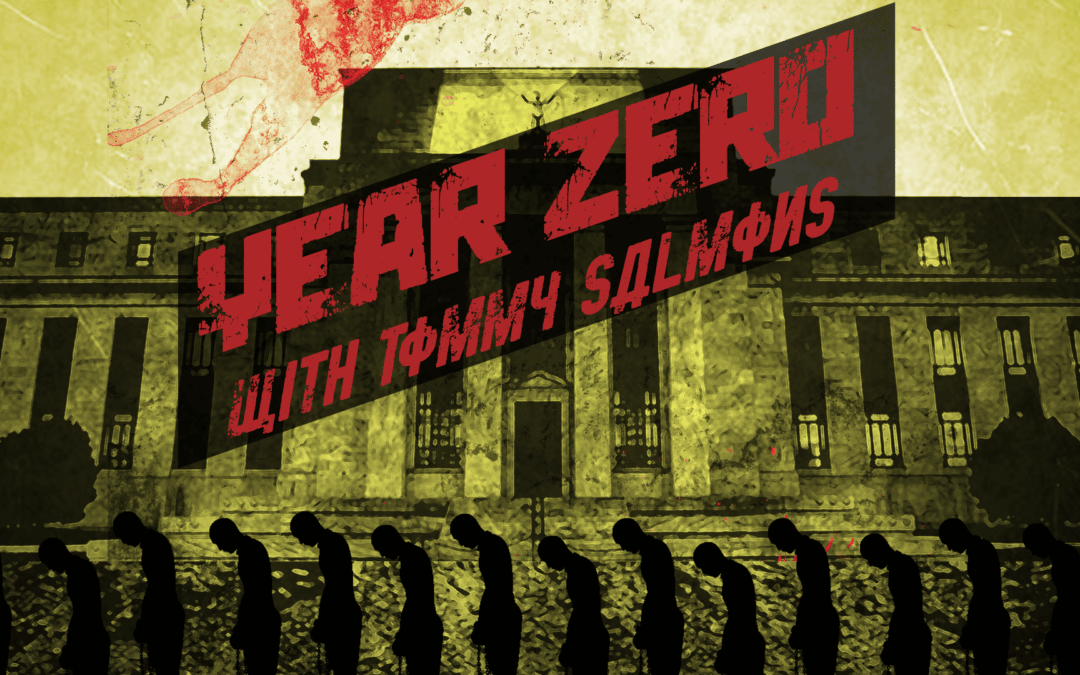What happens when a “surgical strike” meets a country that’s spent years hardening its air defenses, extending missile range, and practicing asymmetric warfare? We sit down with Larry Johnson to test the myths, map the ranges, and weigh what a U.S. or Israeli hit on Iran would truly unleash. From carrier standoff distances and Tomahawk limits to GPS disruption and Russian-made air defenses, we break down the real capabilities and constraints that rarely make it into headlines—and why quick wars promised from podiums so often become long, costly stalemates.
The conversation widens to Israel’s calculus and the political push in Washington. Can Jerusalem act alone if Iran crosses a ballistic red line? Johnson argues the “12-day war” already answered that: retaliation arrived within hours, pressure mounted by day six, and only a quiet workaround ended the exchange. We also unpack the emerging China–Russia–Iran defense ecosystem—3D radar, GPS jamming, naval drills—that raises the cost of any strike and heightens the chance of spillover into the Gulf, the Red Sea, and global energy routes. Deterrence by threat of nukes sounds simple; in a crowded neighborhood of nuclear and near-peer powers, it’s a dangerous bet.
With the last U.S.–Russia arms control guardrail gone, tensions don’t just simmer—they set the stage for miscalculation. Johnson lays out how New START’s collapse, escalating sanctions, and unkept diplomatic signals leave Moscow convinced that only battlefield facts count. That leads us to Ukraine’s outlook: dwindling manpower, training pipelines under missile threat, and a Russian campaign that advances by attrition and pressure. We explore why Odessa remains pivotal, how air defense shortages compound losses, and what a negotiated end might look like when one side insists on new borders and the other can’t regenerate combat power fast enough.
If you value clear-eyed analysis over slogans, this deep dive connects the dots between Iran, Israel, Russia, China, and Ukraine with a focus on capabilities, logistics, and consequences. Follow the show, share this episode with a friend who tracks geopolitics, and leave a review telling us where you think the off-ramp lies.












